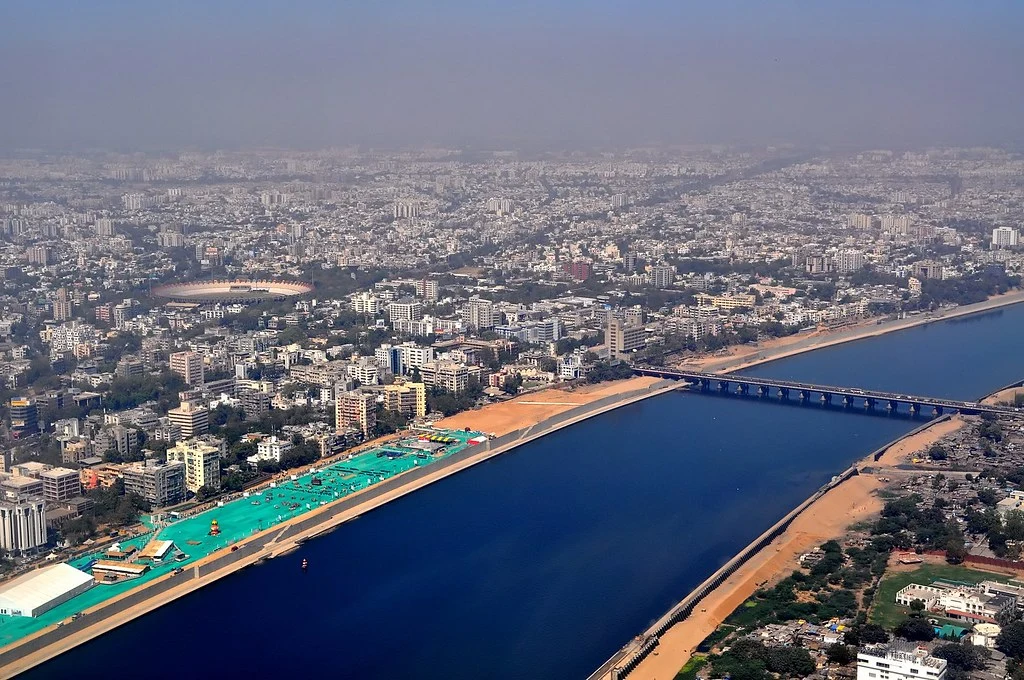Table of Content
▲
On March 13, the government and the Asian Development Bank (ADB) inked a loan agreement worth $181 million to enhance urban livability and mobility in the peri-urban areas of Ahmedabad city in Gujarat by developing quality infrastructure and services.
Juhi Mukherjee, Joint Secretary of the Department of Economic Affairs, and Rajesh Vasudevan, Officer-in-Charge of ADB’s India Resident Mission, represented their respective entities in signing the loan agreement for the Ahmedabad Peri-urban Livability Improvement Project.
Following the signing, Mukherjee expressed that the project's objective is to enhance the livability, sustainability, and efficiency of peri-urban areas in Ahmedabad through the establishment of robust physical and social infrastructure, fostering a vibrant economy, and cultivating a distinctive identity as a preferred investment destination.
Vasudevan remarked, "Ahmedabad’s expansion presents both economic opportunities and challenges in managing urban sprawl, particularly in peri-urban areas. The project seeks to address this challenge by enhancing urban services and transport connectivity for the significant migrant population residing in the city's outskirts."
The project aims to benefit urban poor, women, and migrant workers by enhancing urban services and governance. It involves the construction of 166 km of water distribution network, 126 km of climate-resilient stormwater drainage, 300 km of sewerage systems, and four sewage treatment plants. Additionally, it includes improvements to 10 junctions along the existing Sardar Patel Ring Road to enhance connectivity between peri-urban areas and Ahmedabad city.
ADB will assist in strengthening the capacity of the Ahmedabad Urban Development Authority and urban local bodies in technology-based urban planning, with a focus on climate change and disaster-resilient infrastructure, environmental and social safeguards, gender equality, and social inclusion. The project will support the development of land and town planning schemes integrating these elements, which can serve as models for other states to promote planned urban development and densification.
Moreover, the project will enhance government agencies' capacity in financial planning, revenue generation, and infrastructure asset management. Community awareness programs will promote water conservation, health, and hygiene, with women's self-help groups receiving training in water supply operations. Furthermore, the project will facilitate the recycling of treated sewage for industrial purposes through public-private partnerships.



_1772441702.webp)

